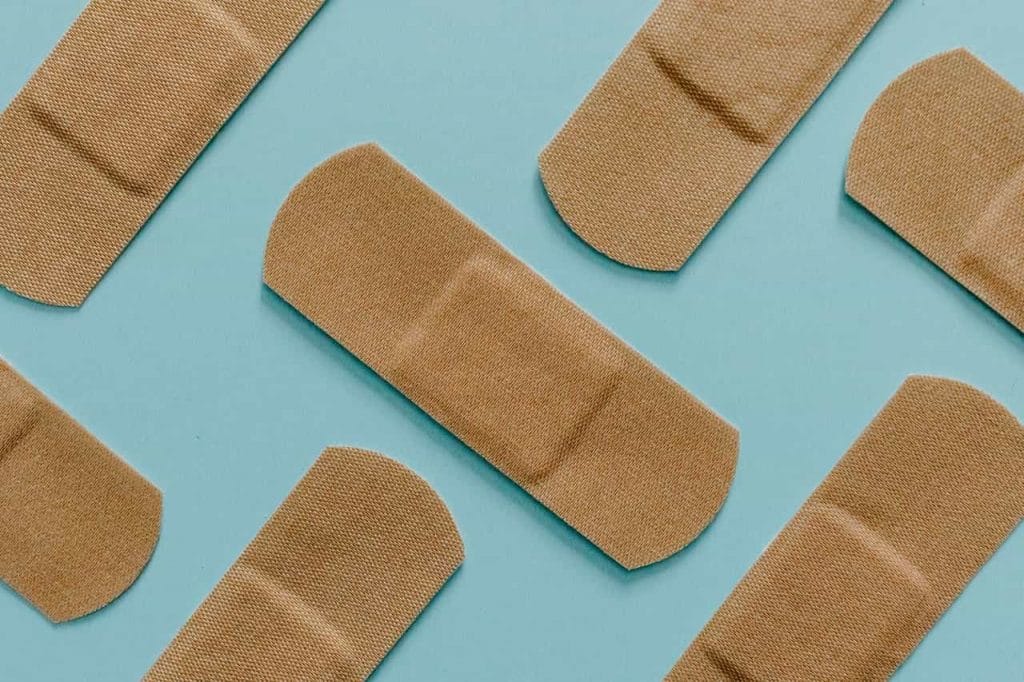Of all the Emergency Department admissions relating to knife injuries, 66 percent involve cuts to the fingers or thumbs. Of course, the majority of finger cuts don’t require a trip to the hospital and are easy to treat at home.
That said, you need to know how to treat a cut finger properly. Otherwise, you run the risk of excessive bleeding, an infection, or other complications that can turn a simple cut into a far more serious medical problem.
Luckily, we’re here to help! Keep reading for step-by-step instructions on treating a finger cut.
Step 1: Stop the Bleeding
This should be your first priority when dealing with a cut finger. Here’s how to stop a wound from bleeding:
- Wash your hands
- Apply direct pressure to the cut with a piece of gauze or a clean cloth until the bleeding stops. Tissue and cotton wool are not ideal as they contain loose fibers that can stick to the cut
- If blood soaks through the material, do not remove it. Place more cloth or gauze on top and continue to apply pressure
- If possible, keep the cut finger above the level of the heart to help slow down the blood flow
Deep cuts may bleed for a little longer than expected. That said, if the cut continues bleeding even after 10 minutes of firm and steady pressure, you should see a doctor.
Step 2: Clean the Wound
Understanding how to prevent wound infection means cleaning it well once the bleeding stops:
- Before cleaning the wound, wash your hands again
- Wash the wound with soap and warm water
- Take care to rinse the soap out of the wound afterward to prevent infection
- Although some people swear by hydrogen peroxide or iodine for disinfecting a cut, you should not use these products. They can damage tissue and may impact wound healing
The cleaning step is especially important for treating a cut on the finger. Even if the wound looks clean, our hands come into contact with a lot of bacteria. This can enter the wound and lead to an infection unless you clean it well before dressing.
Step 3: Protect the Wound
After stopping the bleeding and cleaning the cut, you’ll need to follow these instructions to protect the wound:
- Apply an antibiotic cream from your first aid cabinet to the cut
- Cover the cut with a sterile bandage. Working out how to bandage a cut on the finger can be difficult but your main priority should be to cover the wound and secure the bandage with some kind of waterproof covering or tape
To ensure that the wound is clean and dry, make sure to change the bandage every day.
How to Treat a Cut Finger
A bleeding cut can be frightening, especially if the wound is deep.
But, with these tips on how to treat a cut finger to guide you, it should now be a lot easier to know what to do when you’re faced with an injury like this.
Want more informative insights and news updates? Be sure to check out our other blog posts for all the latest tips, tricks, and how-to guides!







